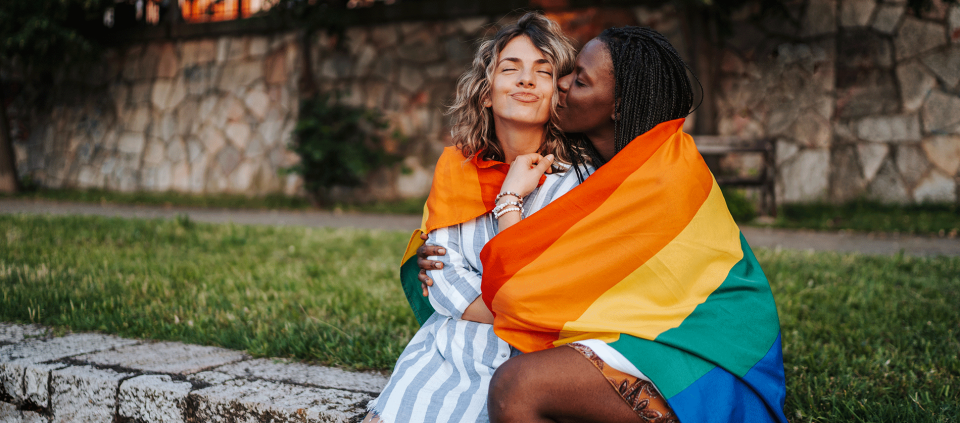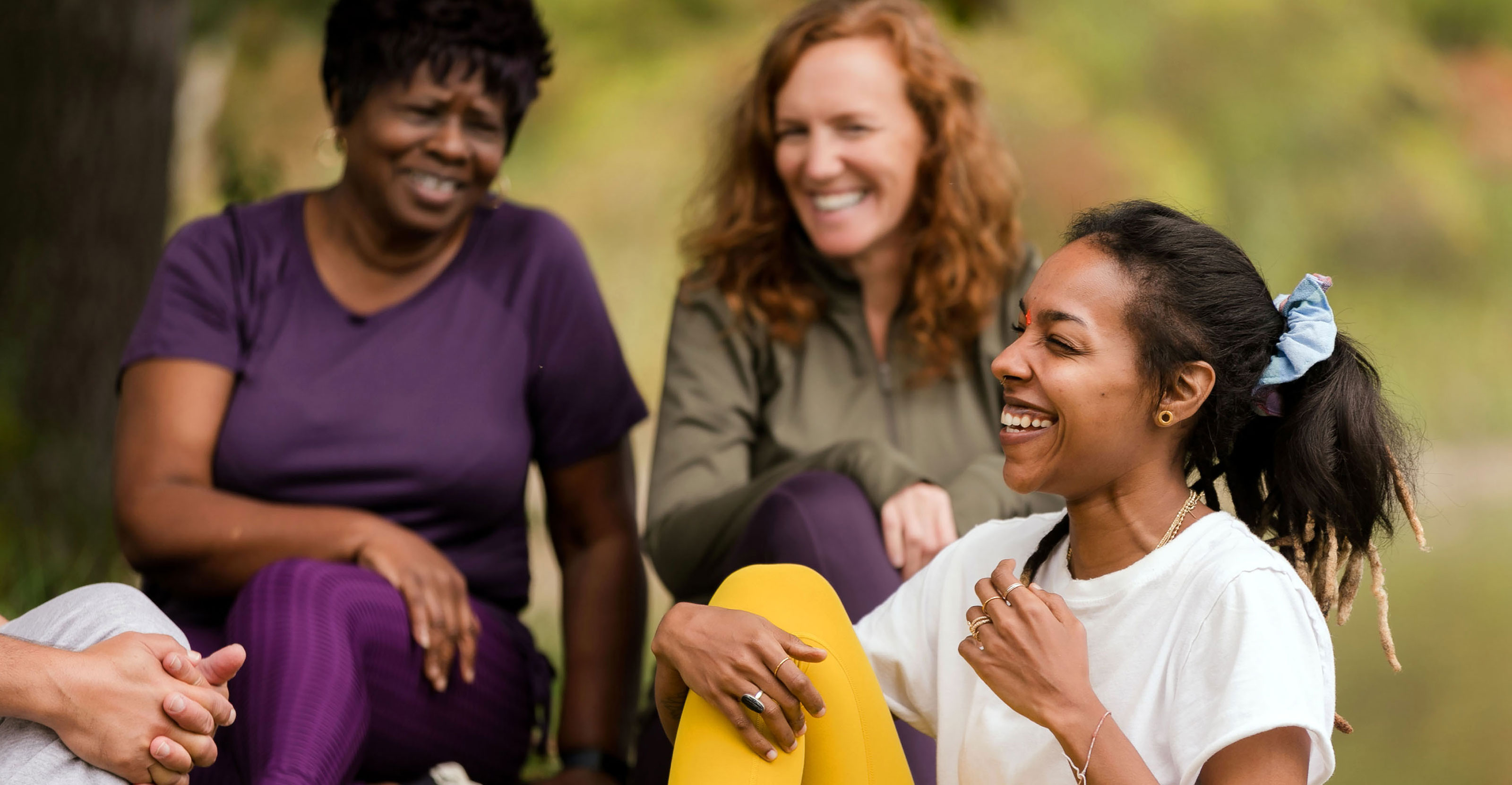Creating Trans Inclusive Spaces

“While the actual words [nonbinary and gender-fluid] might not be new, living beyond the gender binary is not. Indigenous people outside the Western world have long existed outside of the gender binary: two-spirit among American Indians, hijra in South Asia, waria in Indonesia, muxe in Mexico, just to name a few. In many of these societies, people living outside of the binary were and continue to be recognized as leaders. It's not that these people do not exist, it's that they have been erased to make the Western gender binary system seem like the only option, and not a particular and specific cultural worldview. What is regarded as masculine and feminine is not set in stone but actually shifts across time, culture, and space.”—Beyond the Gender Binary, Alok Vaid-Menon
Gender 101
- Cisgender: one who identifies with the sex they were assigned at birth; sex is assigned at birth based on genitalia, hormones, chromosomes, DNA, etc.
- Transgender: one who does not identify with the sex they were assigned at birth; an “umbrella” term that also includes trans men, trans women, non-binary, gender non-conforming, genderqueer, and many other identities.
- AFAB/AMAB: the current language and acronym used to describe folks who were assigned female at birth or assigned male at birth.
- Gender binary: Classification of gender into two distinct, immutable categories: 'man' or 'woman.'
- Pronouns: Words we use to substitute for names; used for everyone, regardless of gender identity. Some folks use two sets of pronouns (i.e. she/they), some use neo-pronouns, such as ze/zir, some people want to be referred to by their name and no pronouns at all. We cannot know someone’s pronouns based on appearances and we cannot necessarily know one’s gender based on pronouns. Pronouns are not a “preference;” just like our names, our pronouns are simply what we state them to be.
- The Quick & Easy Guide to They/Them Pronouns by Archie Bongiovanni and Tristan Jimerson
- Beyond the Gender Binary by Alok Vaid-Menon
- Redefining Realness by Janet Mock
- Surpassing Certainty by Janet Mock
- A Year Without a Name by Cyrus Grace Dunham
- Sissy: A Coming-of-Gender Story by Jacob Tobia
- Trans Like Me by CN Lester
- Life Isn’t Binary by Meg-John Barker and Alex Iantaffi
- They/Them/Their by Eris Young
- The Pronoun Lowdown: Demystifying and Celebrating Gender Diversity by Nevo Zisin
Educators
Websites
Podcasts
- Gender Reveal
- LGBTQ&A
- Queersplaining
- The Laverne Cox show
- Dear Schuyler
Tristan Katz (he/they) is a writer, digital strategist, and equity-inclusion facilitator who specializes in education and consulting centered around queer identity and trans awareness.
Full Bio and Programs